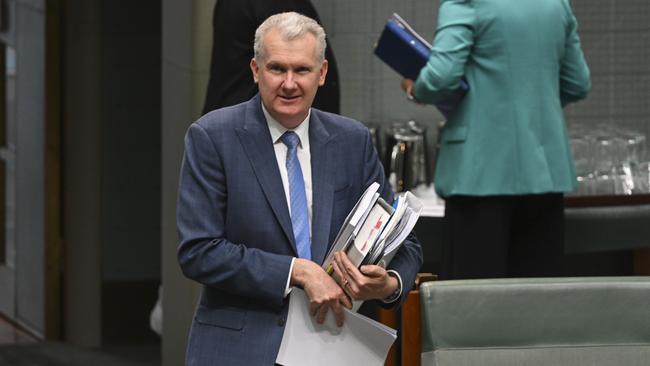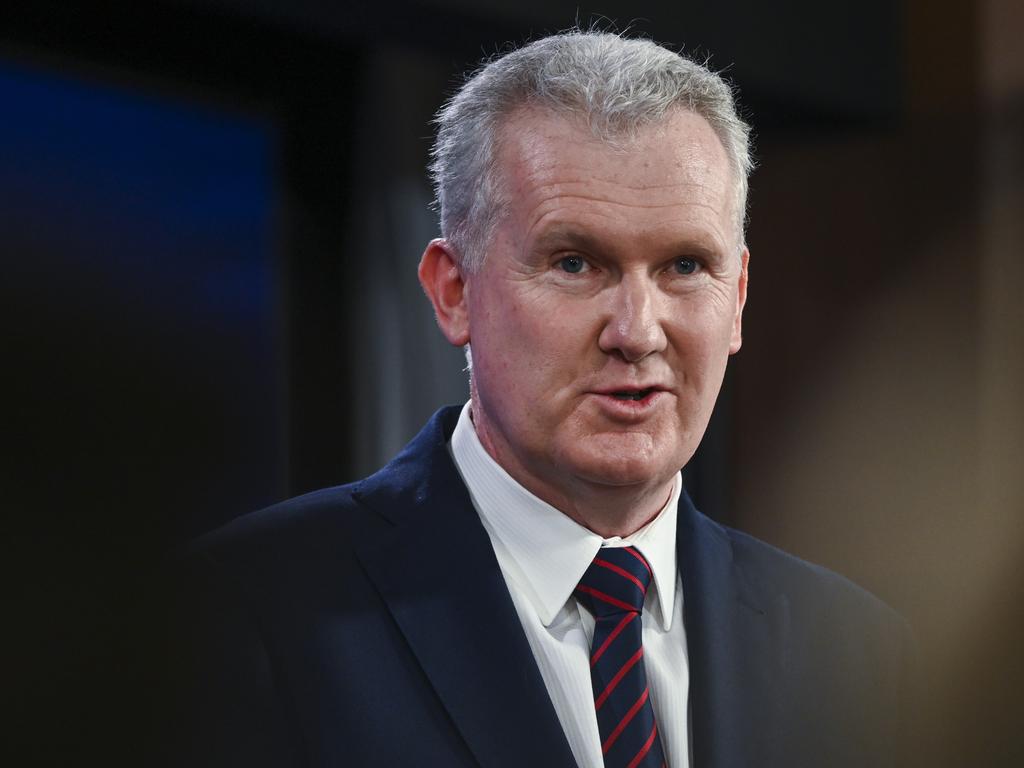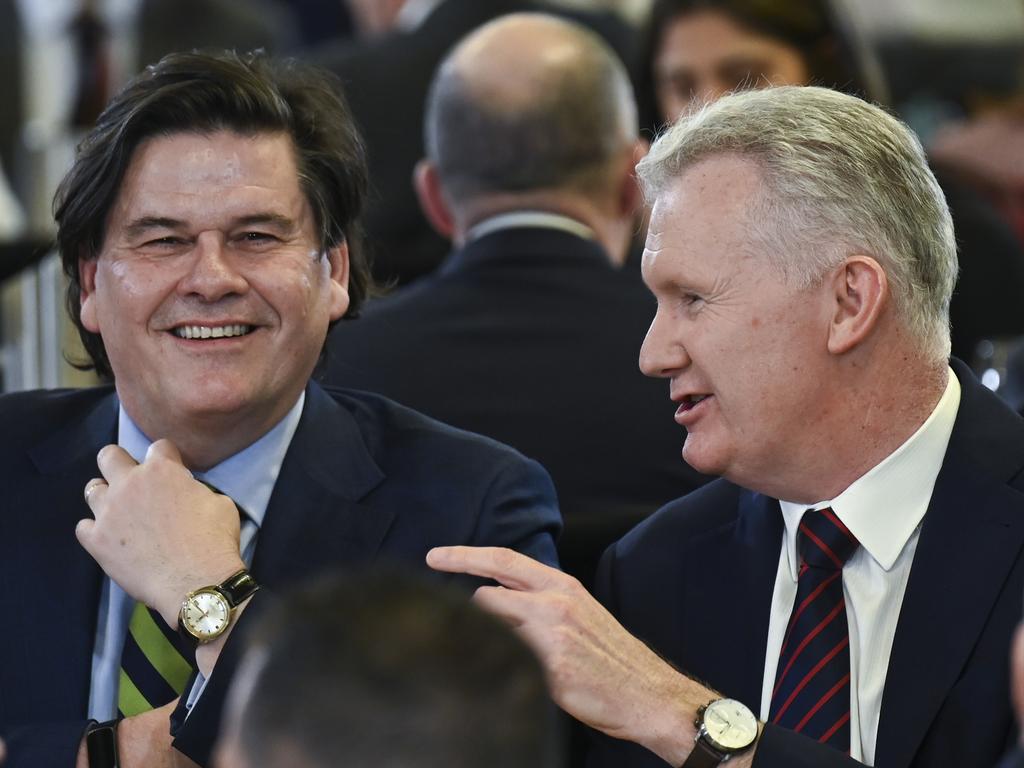
After failing to thwart passage of the first tranche of workplace laws that delivered unions the bonus of multi-employer bargaining, doomsaying business groups have been in rhetorical overdrive about the next round, claiming the changes will be a “dagger to the heart of investment in this country”, costing thousands of jobs.
With straight faces and condescending tones, they go on television and demand the government pull the changes. Not compromise through consultation but abandon the bill entirely. That’s what passes for industrial relations debate in this country.
When the Coalition was in power, pushing through pro-business anti-union measures, the ACTU would often adopt a position of outright opposition.
Under Labor, employer groups oppose pro-worker, pro-union policies because the changes weaken the bargaining position of their members and cost them money.
They’ll complain about more complexity and threats to productivity, but it’s how the changes add to labour costs that is the critical issue. Just ask BHP.
For its part, the government is trying to minimise anticipated consequences, as evidenced by it calling the proposed legislation the Closing Loopholes Bill, almost as if it’s doing a bit of nothing to see here legislative housekeeping.
It is also rolling out concessions like exempting small business from the labour hire changes while delaying the introduction of these provisions by 12 months.
For the government, this makes policy and political sense. There are few, if any, small businesses that are covered by an enterprise agreement and also use labour hire.
By carving out small business, the government neutralises the daily complaints from employer groups that small business will be victims of Labor’s changes. It also knows the interests of small business is a chief concern of senate crossbencher David Pocock whose vote will again be critical to getting the bill passed.
It is correct that the second wave’s consequences will not be as far-reaching as last year’s workplace changes.
As Burke readily acknowledges, the bill will have a big impact in certain areas by cracking down on exploitation of workers by labour hire firms; providing minimum standards to gig workers; criminalising wage theft and legislating a fair, objective definition to determine when an employee can be classified as casual.
One of the more important elements of the bill is the proposal to insert a new definition of employment in the Fair Work Act. The Act does not define what an employee is and the matter has been left to the courts.
Traditionally courts have looked at the practical reality of how a worker performed their job as well as what was in a written contract. Recent High Court rulings have placed the primary emphasis of what is in a written contract.
Labor’s new definition is designed to require the court to look at the reality of how work is performed and stop employers gaming the system by getting workers to sign contracts that they are not employees regardless of their reality of the work.
If it passes, this will be a significant change that will benefit workers.








Somewhere between the calculated exaggerations of employers and Tony Burke’s deliberate downplaying lies the reality of Labor’s second wave of industrial relations changes.